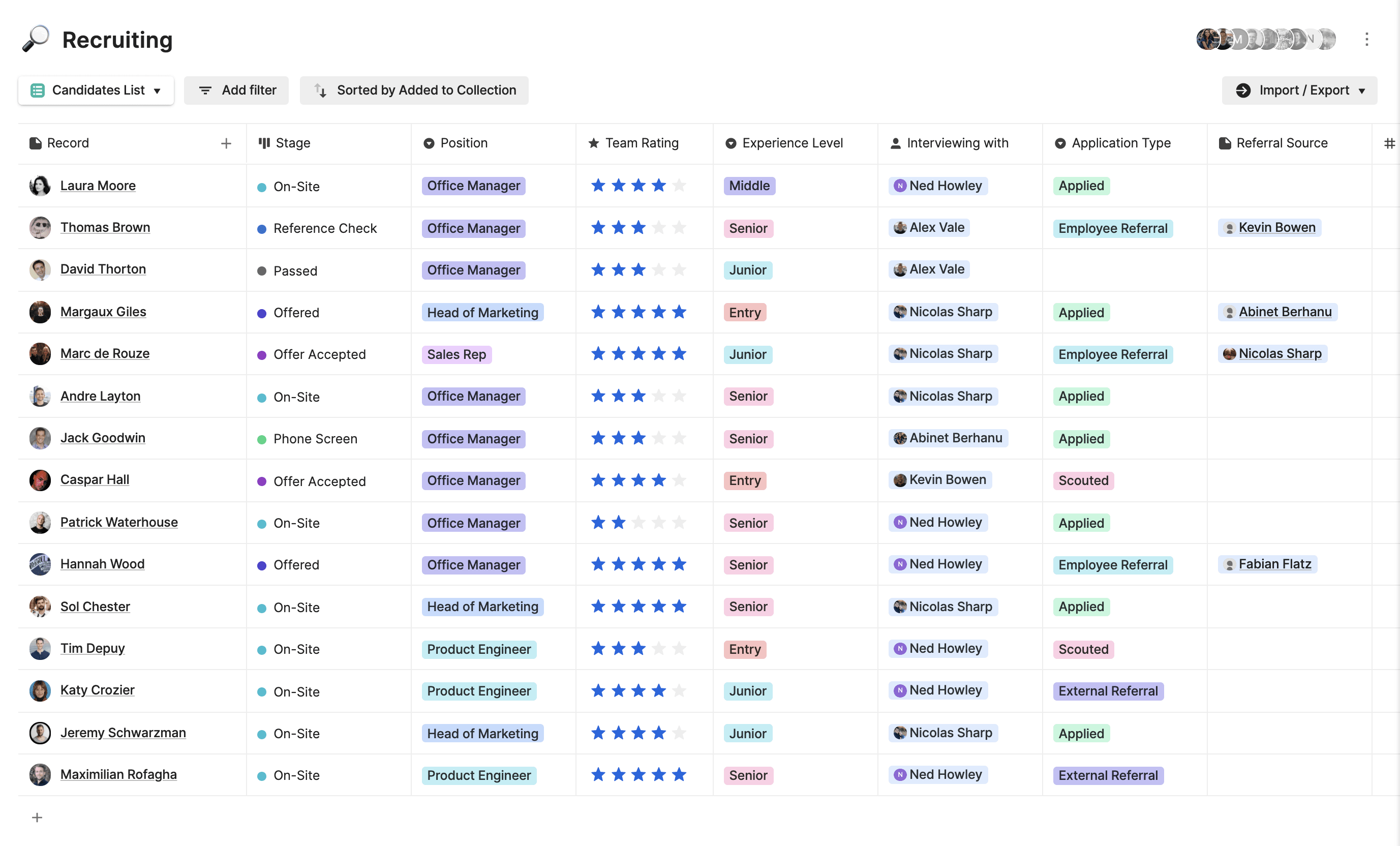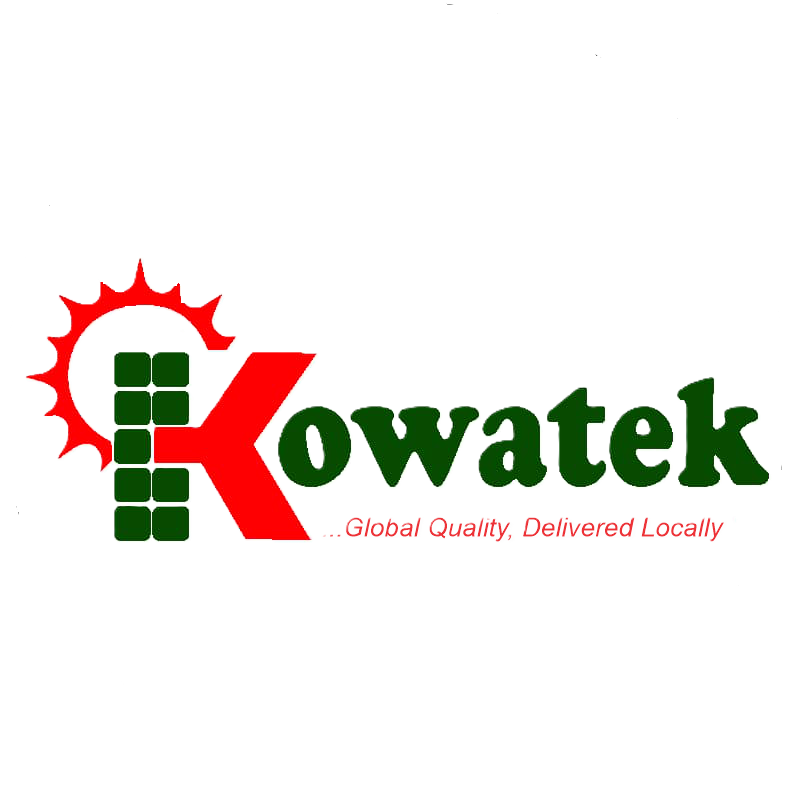As a partner in a VC firm, Nicolas Sharp was responsible for a project to find the company’s Customer Relationship Management (CRM) software. The process, he says, was a “nightmare” and led to building a CRM platform that could meet his and his company’s needs.
“I became a developer by night and a VC by day,” Sharpe told TechCrunch in an email. “After a few months, I left the venture world to continue the project.”
The “project” morphed into Attio. Attio is a CRM platform that combines a high-performance data model with collaboration features typically found in no-code software. Founded in 2019, Attio quickly became popular, with annual recurring revenue exceeding his $1 million in December 2022, according to Sharp.
Attio now has over 2,000 customers in over 100 countries. And just this morning, he announced a $23.5 million Series A round led by Redpoint Ventures and backed by Balderton Capital.
To date, Attio, with 25 employees, has raised $31.2 million.
“Despite the current macroeconomic climate, we are in a great position right now. It’s well-positioned,” Sharp said.

Attio interface, table view. Image credit: That is correct
Like most CRMs, Attio’s platform creates a database of contacts and companies that companies interact with on a regular basis. Users can sort, filter, analyze, take notes, create workflows, and automatically update details such as contact information on customer records.
“When you first use Attio, it syncs with your email and calendar to create a view of your customer relationships with profiles, timelines of interactions and conversations, access to emails, and intelligence about the strength of each relationship.” Sharp explains. “Through our API, we can also connect other data sources to his Attio.From there, we can sort and filter these records to create workflows for different industries, use cases, or scenarios. We can build.”
Sharp is no stranger to the fact that Salesforce aside, there is serious competition in the CRM game. Gameball, a customer intelligence and marketing CRM platform, recently emerged from stealth with $3.5 million in venture backing. A bigger rival is Glia, whose valuation is over $1 billion. Glia is developing his AI-based CRM that enables agents to help hands-on.
Sharp sees Attio’s performance and price ($119 per user per month on the high end) as its main differentiators. His traditional CRM, while very powerful with complex data models, is slow and costly to deploy, he asserts. CRM startups and in-house CRMs, on the other hand, offer a better and more stable experience, but come with a simpler and more rigid model.
“There are a lot of startups trying to get into the CRM space,” says Sharp. “But even with all these options, the fact that so many people are still in ‘do-it-yourself mode’ and unsatisfied with their CRM means there is a lot of room for confusion.”
Not resting on its laurels, Attio will soon launch a real-time reporting feature that will allow users to slice, manipulate, and visualize customer records. Other features in the works include enhanced workflow automation.
“The biggest challenge facing CRM is that the industry is dominated by one company. As a result, the current state of CRM is much the same as it was 20+ years ago,” Sharp said. . “That’s why startups prefer to run in spreadsheets as much as possible. Attio’s philosophy, which sets him apart from other CRMs, is to be flexible and adaptable, allowing businesses to stay on their journey. It is designed to accommodate and grow as it scales.”











